Water is essential for our health and survival. But every day, a huge amount of people around the world are buying water in plastic bottles rather than taking it directly from the tap. This trend is causing a huge negative impact on our health and our planet.
According to recent studies, the water sold in bottles of plastic contains micro-plastics at levels that can potentially endanger human health.
Many of us may have heard these facts, yet so many people rely on it for hydration. Hence, understanding the big picture will make things more clear to us.
In this article, we will give you the five biggest reasons to avoid buying or using plastic water bottles for health and environmental concerns.
Reasons to Avoid Using Plastic Water Bottles
1. Plastic bottled water isn’t better than tap water:
We might just think that bottled water tastes better because it is in our psychology. But bottled water isn’t better or healthier than tap water. Plastic bottled water is expensive, and much of it is nothing more than tap water that has been through some filtration at the plant before packaging. That simply means – you are paying your money only for the fancy labels and packaging.
Manufacturers market their products with words that make you believe their product is the purest. But it’s nothing more than a marketing gimmick. If you choose, you can easily do water filtration at your own home and avoid packaged water bottles.
2. Plastic pollutes our environment:

Plastic bottles are not environment-friendly. They are not bio-degradable in nature and take over 450 years to partially decompose in landfills. Unfortunately, plastic water bottles produce a lot of waste. Almost 90% of the trash on the surface of oceans and lakes is plastic. In the U.S. alone, billions of plastic water bottles end up in the trash every year.
A recent study commissioned by World Wildlife Fund (WWF) has warned that the average person is now consuming approx 5 grams of plastic every week unintentionally; which is equivalent to the weight of one credit card.
Plastic is dangerous for the environment as well as birds and animals. They break into tiny bits and pieces and hurt wildlife badly. Due to plastic feeding, millions of birds and animals die every year. Also, plastic production significantly contributes to groundwater depletion and it is not sustainable in any way.
Video: How we can keep plastic out of the ocean
3. Many plastic bottles contain harmful toxins:
The real reason for the rise in usage of plastic bottled water is that people associate it with better health and hygiene. But it’s not true. Plastic is bad for your health. Even if the companies use BPA-free plastic bottles, there are other harmful chemicals that can leach out if the bottles are exposed to heat or sit around for a long time. These chemicals can potentially cause nausea, dizziness, and depression even in small doses.
A study found 90% of bottled water companies globally contaminated with tiny plastic particles – which include top brands like Bisleri and Aquafina. Apart from this, the contamination also showed traces of carcinogenic (cancer-causing) substances as well.
4. Plastic bottles are wasteful of resources:
Not only plastic water bottles are wasteful, but more water is used and gets wasted during the production of these plastic bottles. According to the Pacific Institute, to produce 1 litre of bottled water, approximately 3 litres of water gets used. This caused a shortage of water in many towns and villages.
In India, water extraction by Coca-Cola for one of its brand of bottled water and other drinks, has caused water shortages in over 50 Indian villages.
The consumption of energy and natural resources during bottle production is also high. Not only is plastic made from oil, it takes oil to transport and ship those packages. In the U.S. only, more than 17 million barrels of oil are required to produce enough plastic water bottles to meet their annual demand.
5. The Better Alternative – A Reusable Plastic-Free Bottle:
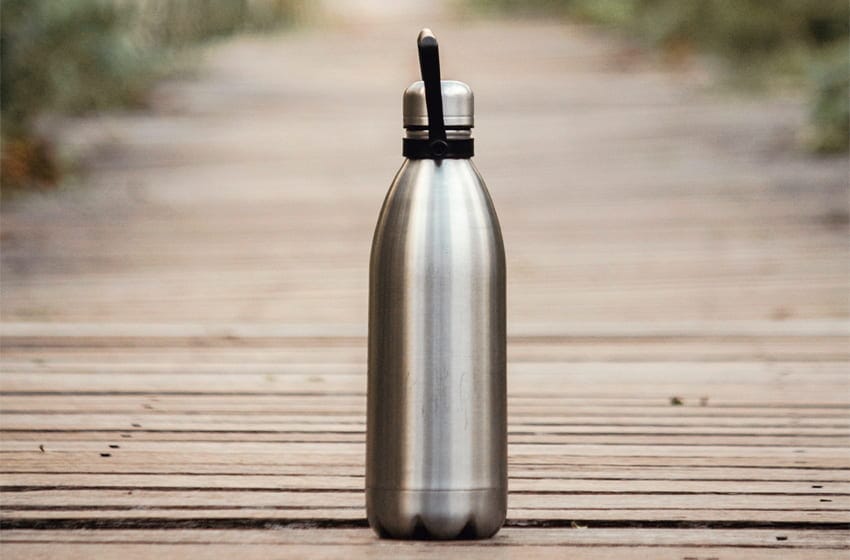
Reusable plastic-free bottles are made from glass or stainless steel. They are safe, eco-friendly, and durable. You can carry one to your workplace, gym, or while traveling anywhere. Some of them are thermal bottles that allow you to keep the hot beverages hot and the cold ones cold.
You can use the water filter at your home to purify your tap water and take it wherever you go using your reusable bottle. Unlike plastic bottles, these reusable bottles do not leach toxins and chemicals into your beverage. It will help you save money in the long run and will help to reduce your water footprint.
Final Thoughts:
The change is simple and effective. Even though plastic bottles can be recycled, they rarely end up getting there. By ditching plastic bottles, you can avoid risking your health as well as support the global sustainability movement.

Hello reader, I’m Abhishek Shankhwar, a health & wellness enthusiast and a digital marketing specialist by profession. As a passionate health and wellness writer, I feel obligated to inform, inspire, and reach out to so many people. In the meantime, you’ll always find me reading books, writing inspiring content, and cooking delicious food. Connect with me on LinkedIn.










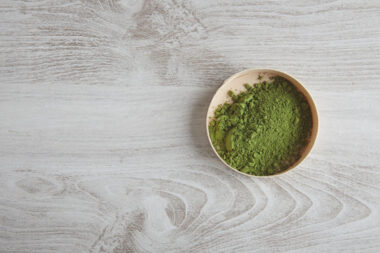
















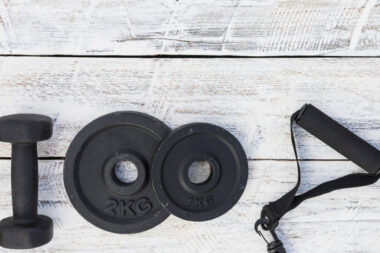
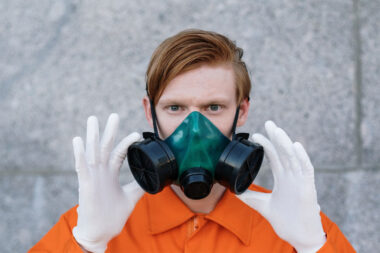
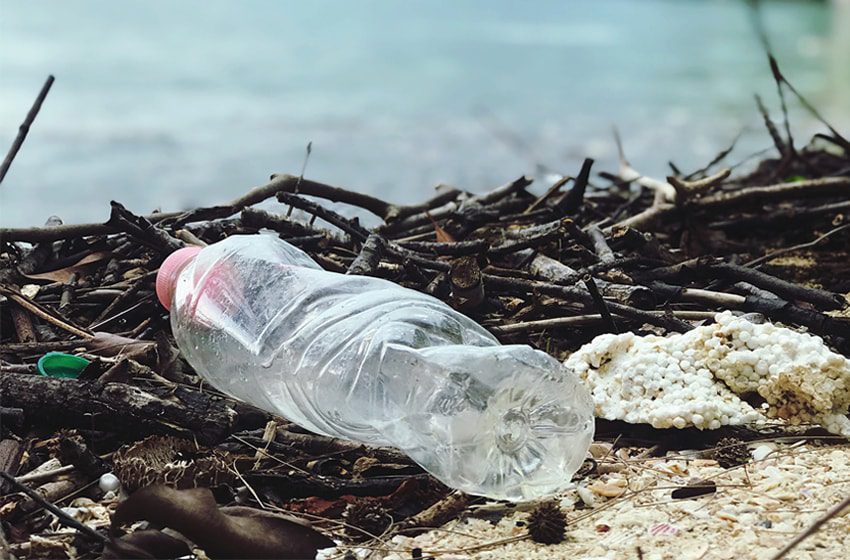









Thank you for every other wonderful article. Where else may anyone get that type of info in such a perfect way of writing? I’ve a presentation subsequent week, and I am on the search for such information.
This post is invaluable. How can I find out more?